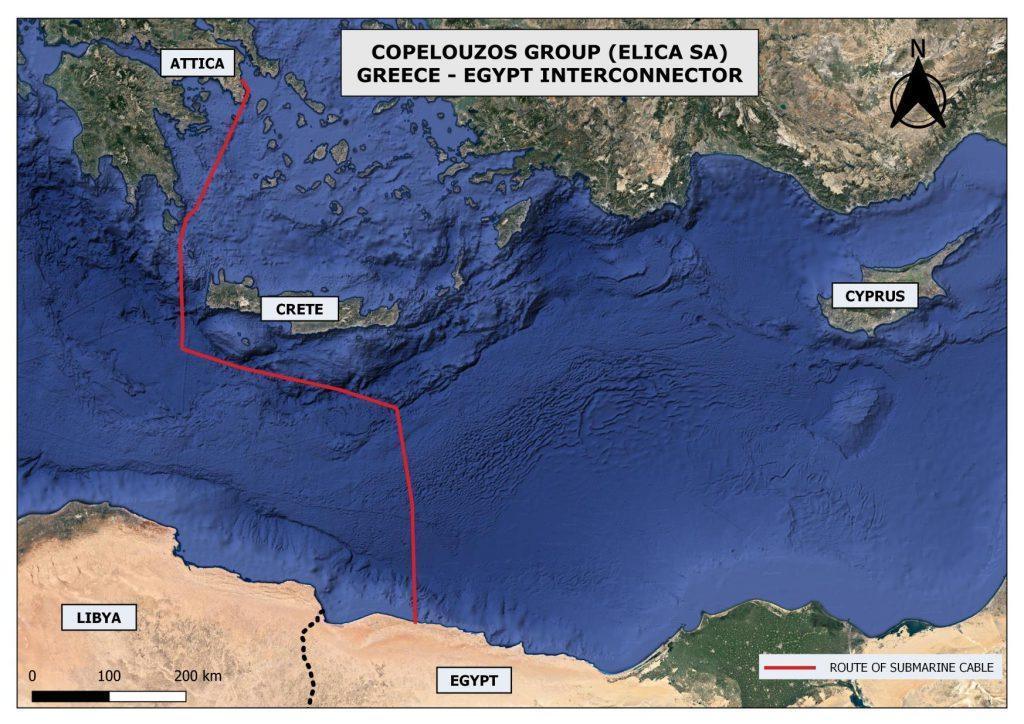Labor shortage in Greece, estimated to be around 200,000 vacant job positions, has a significant impact on certain sectors but also imposes a high cost on the Greek economy as a whole, a fact that institutional bodies and entrepreneurs emphasize at every opportunity.
According to data from ELSTAT and Eurostat for the third quarter of 2024, vacant job positions in the secondary and tertiary sectors in Greece amount to 48,813. The largest gaps are observed in education (11,642 job openings), trade (8,447), public administration and defense (6,903), and hospitality and accommodation (6,345).
In addition to these, there are approximately 120,000 vacant positions in the primary sector (agriculture, livestock farming, fisheries, etc.), bringing the total – based on the above figures – to nearly 170,000.
The question is what is the financial cost of these vacant job positions to the Greek economy.
As Giorgos Koutroumanis, the former Minister of Labor and Social Security emphasizes the real cost for each unfilled job position is estimated at 7,500 euros annually for the state coffers.
Approximately 5,400 euros is lost in contributions, while lost income tax revenue is estimated at 800 euros annually. Additionally, there are losses from indirect taxes, calculated at around 1,300 euros per year.
“These funds are essentially missing from EFKA and the economy as a whole,” says the former minister.
Data show that specific sectors are facing particular challenges in filling job positions, with the primary sector struggling to find working hands.
Koutroumanis highlights the severity of the situation in the primary sector stressing that there is no development model for rural areas. “Greek agriculture is characterized by small plots, which result in high costs, low production, and consequently small incomes,” he adds.
A portion of the vacant job positions in the primary sector is filled by seasonal workers from third countries arriving to Greece based on bilateral agreements signed with their governments, including laborers from Albania, Pakistan, Egypt, and Bangladesh. However, the coverage rate is not particularly high, with approximately one in three positions remaining unfilled.
An Alpha Bank chief economist argues that recent experience underscores the critical need to address labor shortages in specific sectors, such as the primary sector and tourism. He stresses the importance of expanding efforts to fill vacant positions, particularly during peak periods, by utilizing both seasonal workers and integrating migrants already in the country into the formal labor market.
Source: Tovima.com






































